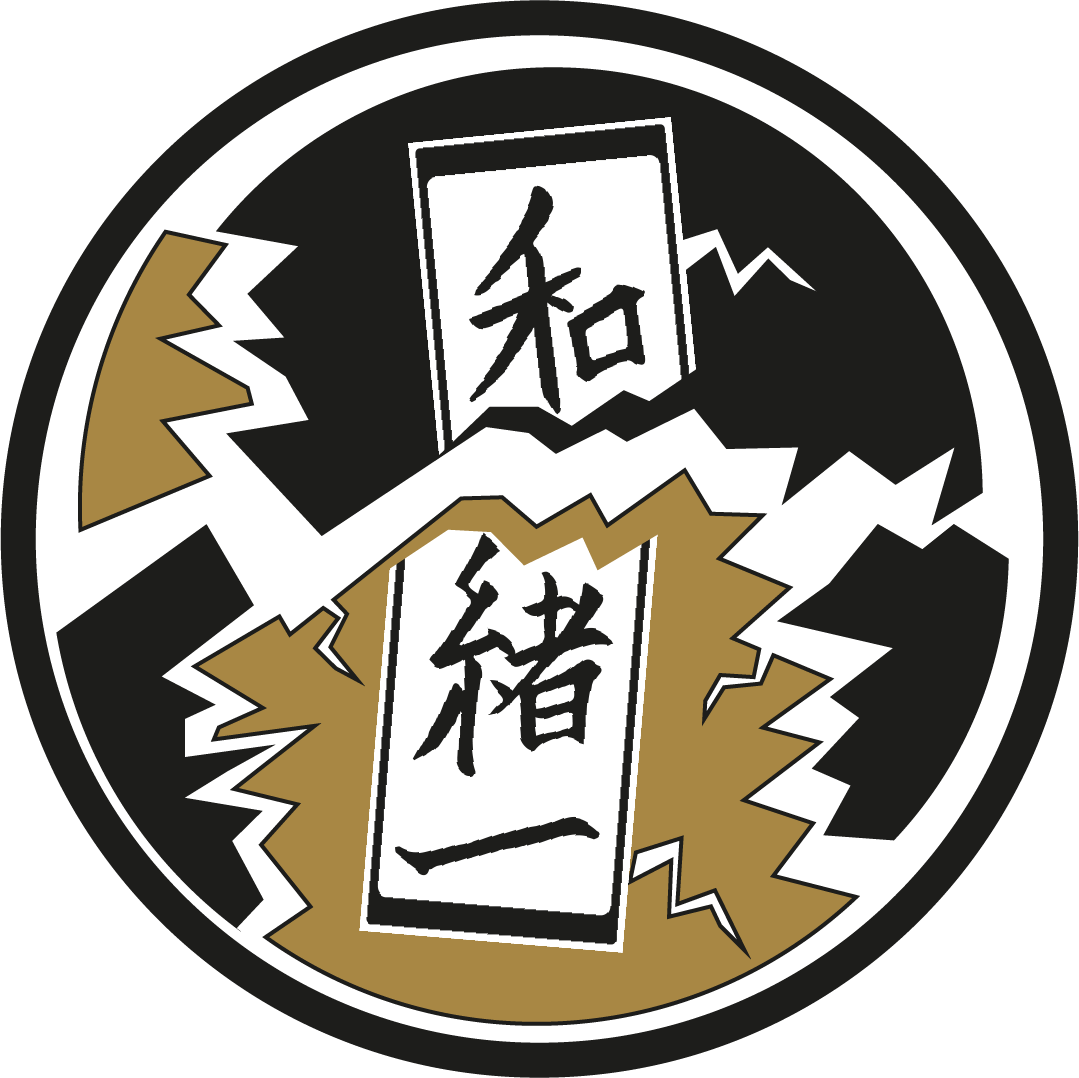Guess the Onomatopoeia!
Do you not just love Japanese onomatopoeia? They are countless and depict phenomena that you would have never thought can be described with a word. But often, when you find out about their meaning, they actually make sense!
Strictly said, what we might simply perceive as onomatopeia in the Japanese language, are two types of constructs: 擬音語 giongo and 擬態語 gitaigo. The first ones are indeed onomatopoeic: words that immitate a sound that is not speech. In turn, the second ones are phenomimes, also called mimetic words, which immitate an action or condition that do not make a sound. Thus, ニャーニャ― nyānyā would be a giongo, since it represent the noise that a cat makes. However, ジメジメ jimejime, which describes the state of gloom and sadness with a sound, is a gitaigo.
So, if you like riddles, here are some for you. Can you guess what the following words refer to?
Hint: all of these can be used to describe a person’s hair.
さらさら sarasara
かさかさ kasakasa
くしゃくしゃ kushakusha
*
*
*
If you need another hint, here are the answers in a random order:
dry and rough
smooth and silky
dishevelled
*
*
*
*
*
The answers are:
さらさら sarasara – smooth and silky
かさかさ kasakasa – dry and rough
くしゃくしゃ kushakusha – dishevelled
Did you manage to guess them correctly? If not, do not worry – while reading or speaking Japanese you will surely have plenty further chances to decipher onomatopoeia!
Written by AL

